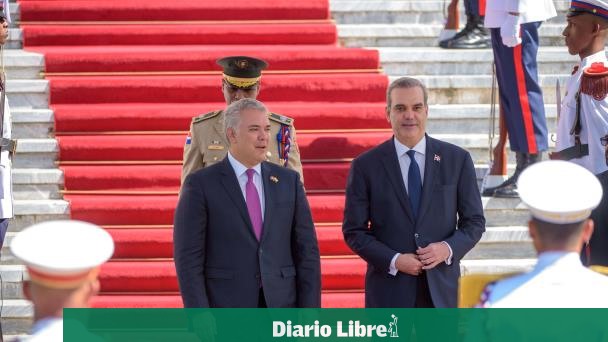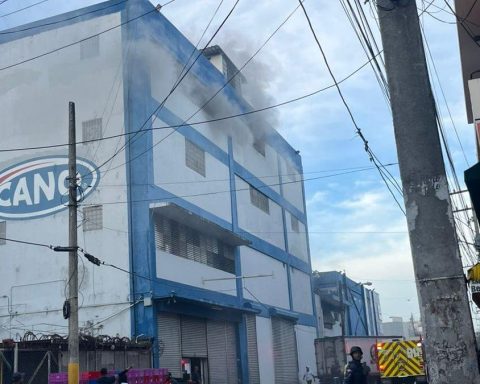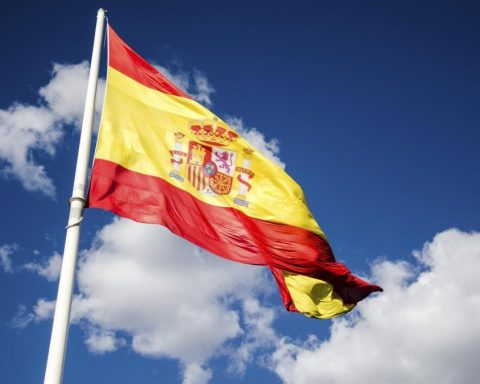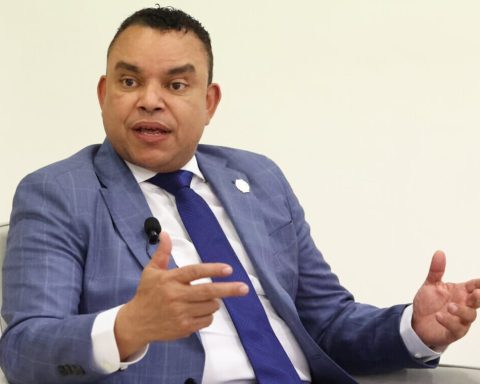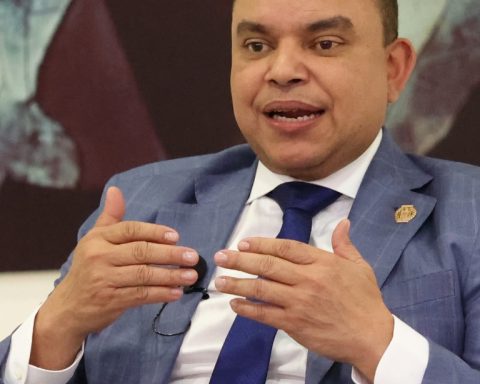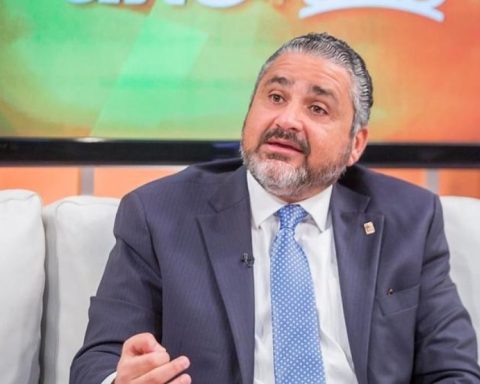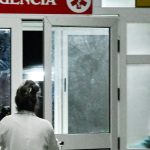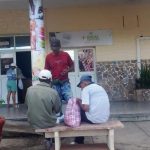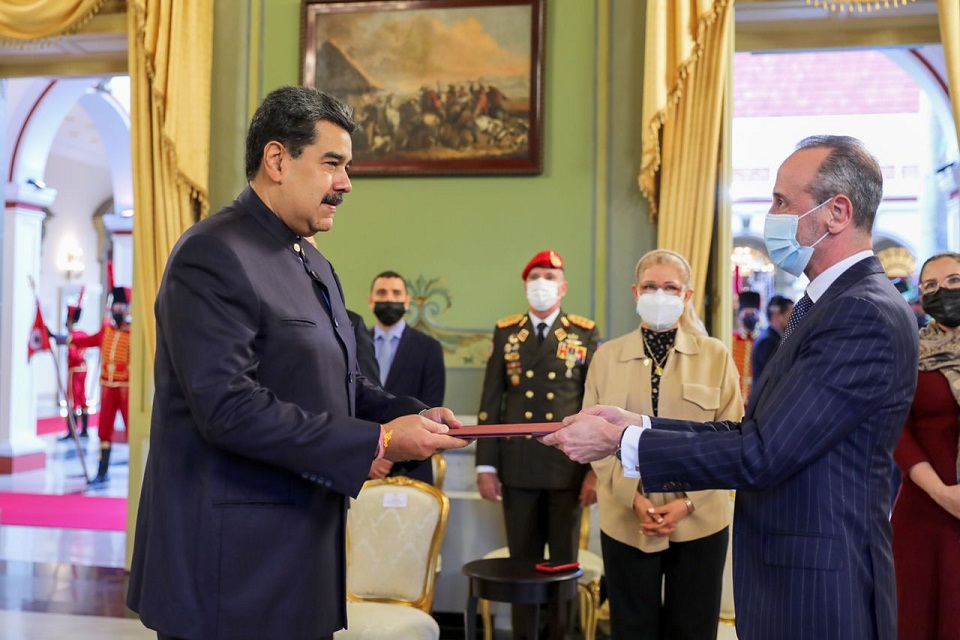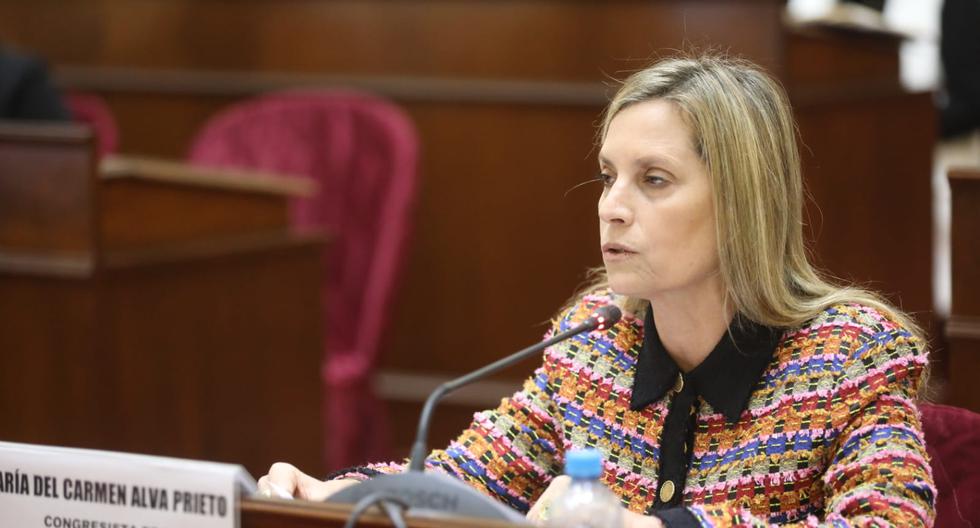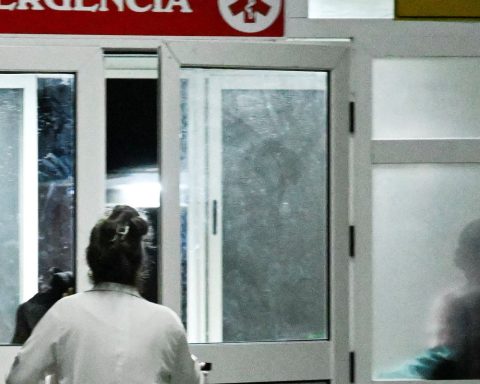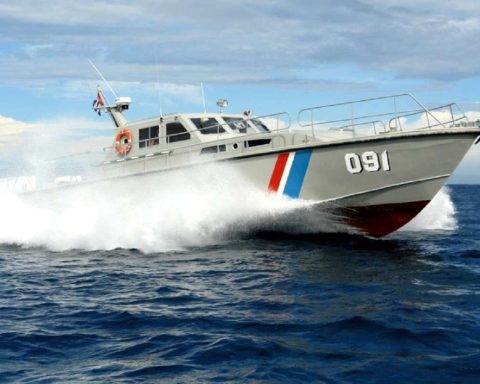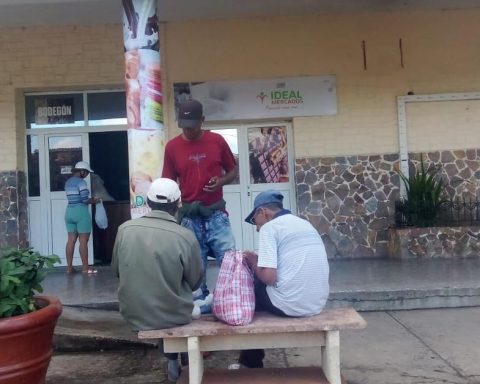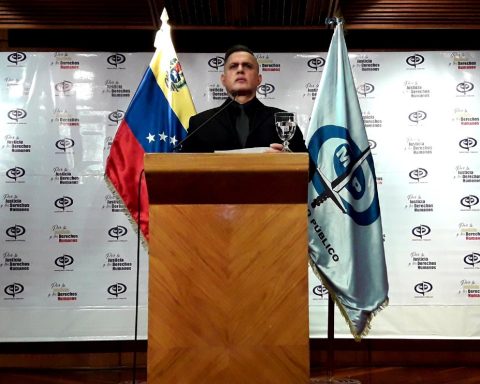The partial scope trade agreement that the Dominican government is considering signing with Colombia It would include a limited list of products from both countries to which the tariff would be released, as agreed with Panama in an agreement in force since 2003.
Although the Dominican Government has not officially referred to the issue, sources participating in the process have informed Diario Libre that since last week the private sector has been consulted on the matter and on the products to be included in said Partial Scope Agreement, a type of treaty that the Colombian president Ivan Duke He stated last month that he wants to leave well advanced before leaving his government on August 7.
Colombia it has a much more favorable trade balance when bilateral trade is analyzed. Its main exportable chapter to Quisqueya is petroleum and derived products.
For about 10 or 15 years, the South American country has been interested in having preferential access to many goods that it produces that compete in the Dominican Republic by paying tariffs and raw materials that use Colombian investments in the country, a source told Diario Libre linked to the process.
On your part, Colombia is willing to offer preferential access to its market for many Dominican products that also pay tariffs.
The Panamanian background
On July 17, 1985, the Dominican Republic signed a Partial Scope Agreement with Panama, which was ratified in 1987 by the National Congress. But it was on November 2, 2003 when it entered into force, after the Permanent Mixed Commission finished the negotiation of the Application Regulation and its annexes.
The Ministry of Industry, Commerce and MSMEs summarizes in a document that, through this treaty, 103 Dominican products enter Panama free of tariffs, and the Dominican Republic allows the entry of 101 Panamanian products equally.
In addition, there is a list of products manufactured in the Export Processing Zones or Free Zones. Also, the Application Regulation contemplates the possibility of including more products so that they can benefit.
Among the items included in the double track with free trade treatment are preparation of beverages, cane rum, food and compound preparations for cattle, liquid shampoo, preparations for waving or straightening hair, deodorants, sanitary napkins and wooden furniture for offices and hotels, among others.
Last year, the Dominican Republic exported US$87.5 million to Panama and imported US$84.5 million from that country, according to the Trade Map platform compiled by the International Trade Center.
In contrast, in 2021 Dominican exports to Colombia totaled US$57.7 million and imports exceeded US$589.5 million.
According to the source consulted by Diario Libre, who preferred not to be identified since they are not authorized to provide official information on the subject, approximately 98% of the commercial flow between the Dominican Republic and Colombia encompasses about 50 products, from both parties.
The Dominican Republic also imports from Colombia, to a greater extent, plastic and its manufactures; machines, devices and mechanical artifacts; fats and oils; and pharmaceuticals. Colombia demand, mainly essential oils and preparation of perfumery, pharmaceutical products, beverages and wood pulp, among others.
Iván Duque will leave the Presidency
At the end of last April, when he made an official visit to the Dominican Republic, Colombian President Iván Duque expressed his desire to “practically initiate, and hopefully in a great state of progress”, a Partial Scope Agreement with Quisqueya before leaving the Presidency in August. The consultations at the local level for this goal are carried out in a short time -if Duque’s interest is taken as a basis- and politically complex. The day before yesterday, the presidential elections were held in Colombia, the results of which gave rise to a second electoral round between leftist Gustavo Petro and businessman Rodolfo Hernández, scheduled for June 19.
